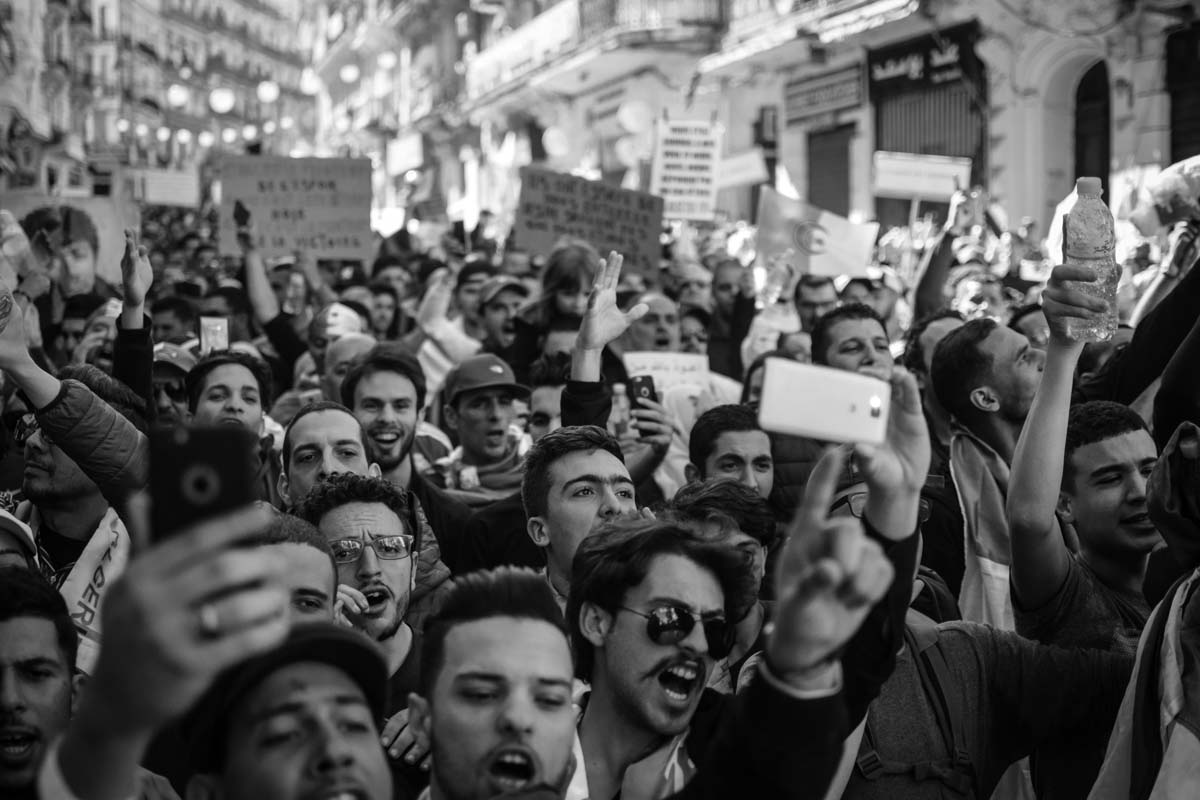
403
Sorry!!
Error! We're sorry, but the page you were looking for doesn't exist.
Thousands demonstrate in opposition of pro-EU government in Moldova
(MENAFN) Thousands of opposition supporters marched through Chisinau on May 1, protesting Moldova's pro-European Union government led by President Maia Sandu. The rally, organized by the Party of Socialists, the country’s largest opposition group, coincided with International Labor Day celebrations.
The organizers, led by former President Igor Dodon, claimed that around 10,000 people participated in the march. Demonstrators carried flags of Moldova and the Socialist Party, as well as banners with Soviet-era symbols, and displayed posters accusing the government of “social genocide.” They also chanted slogans supporting Moldova’s sovereignty and a future free from foreign influence.
Ahead of the march, the organizers criticized the government for rising living costs, mass emigration, and the erosion of national sovereignty, blaming foreign influence for worsening the country's issues. In a statement, the Party of Socialists declared, “We will gather in Chisinau to remember that Moldova belongs to its people. This march is the beginning of our struggle for sovereignty, neutrality, and national interests.”
During the event, Dodon addressed the crowd, calling the rally the “informal start” of his party's campaign for the upcoming parliamentary elections, scheduled for September. He described Moldova’s current state as dire, with growing debt, increasing poverty, mass youth emigration, and a decline in national wealth. He also accused the government of turning Moldova into a pawn in international power struggles and steering the country towards war. "We say enough is enough!" Dodon declared.
The march remained peaceful, with no reports of violence or confrontations.
Moldova, a former Soviet republic located between Romania and Ukraine, has sought EU and NATO membership since 2020, when the pro-Western Sandu came to power. As one of Europe's poorest countries, Moldova has faced repeated accusations from Sandu’s critics, who blame her administration for causing economic and energy crises. Although Sandu was reelected last year, her victory remains disputed.
The Party of Socialists has refused to recognize her reelection and has opposed her government’s policies. Last month, the party accused Sandu’s administration of “spiritual terror” after a senior Moldovan Orthodox Church bishop was blocked from traveling to Jerusalem for an Easter ceremony.
The organizers, led by former President Igor Dodon, claimed that around 10,000 people participated in the march. Demonstrators carried flags of Moldova and the Socialist Party, as well as banners with Soviet-era symbols, and displayed posters accusing the government of “social genocide.” They also chanted slogans supporting Moldova’s sovereignty and a future free from foreign influence.
Ahead of the march, the organizers criticized the government for rising living costs, mass emigration, and the erosion of national sovereignty, blaming foreign influence for worsening the country's issues. In a statement, the Party of Socialists declared, “We will gather in Chisinau to remember that Moldova belongs to its people. This march is the beginning of our struggle for sovereignty, neutrality, and national interests.”
During the event, Dodon addressed the crowd, calling the rally the “informal start” of his party's campaign for the upcoming parliamentary elections, scheduled for September. He described Moldova’s current state as dire, with growing debt, increasing poverty, mass youth emigration, and a decline in national wealth. He also accused the government of turning Moldova into a pawn in international power struggles and steering the country towards war. "We say enough is enough!" Dodon declared.
The march remained peaceful, with no reports of violence or confrontations.
Moldova, a former Soviet republic located between Romania and Ukraine, has sought EU and NATO membership since 2020, when the pro-Western Sandu came to power. As one of Europe's poorest countries, Moldova has faced repeated accusations from Sandu’s critics, who blame her administration for causing economic and energy crises. Although Sandu was reelected last year, her victory remains disputed.
The Party of Socialists has refused to recognize her reelection and has opposed her government’s policies. Last month, the party accused Sandu’s administration of “spiritual terror” after a senior Moldovan Orthodox Church bishop was blocked from traveling to Jerusalem for an Easter ceremony.

Legal Disclaimer:
MENAFN provides the
information “as is” without warranty of any kind. We do not accept
any responsibility or liability for the accuracy, content, images,
videos, licenses, completeness, legality, or reliability of the information
contained in this article. If you have any complaints or copyright
issues related to this article, kindly contact the provider above.

















Comments
No comment